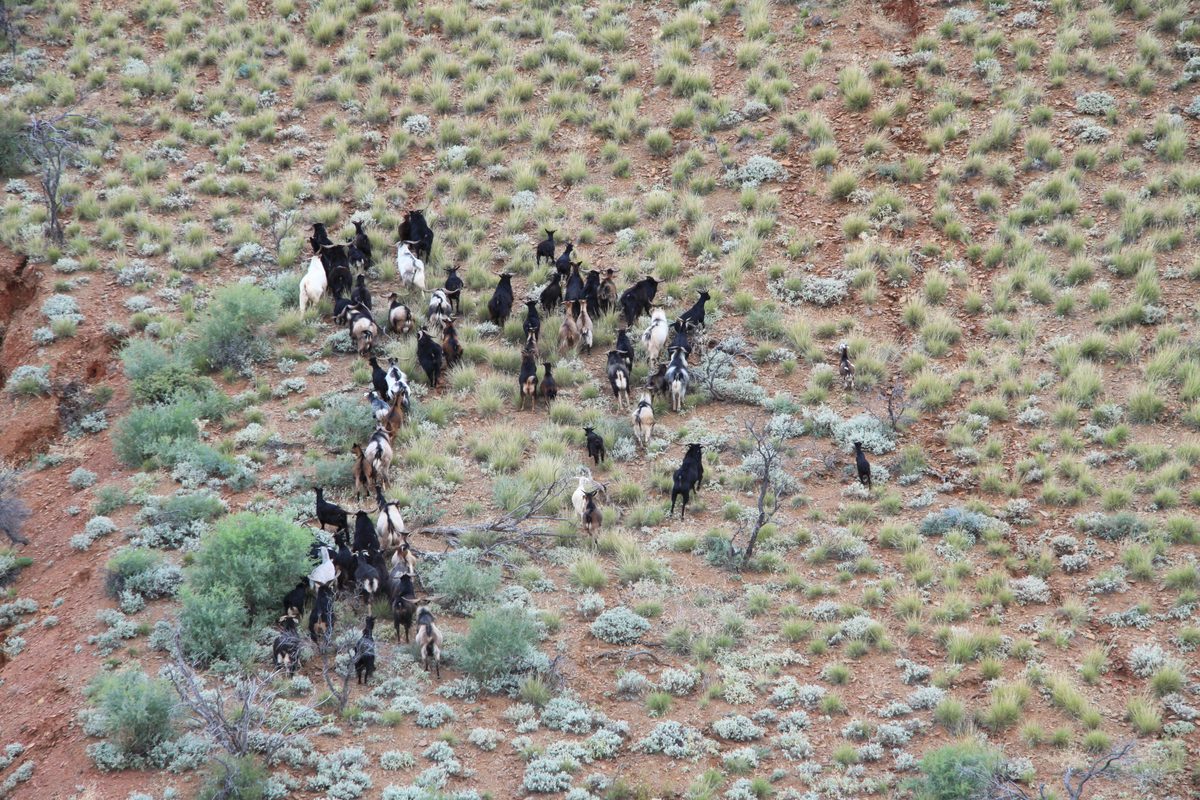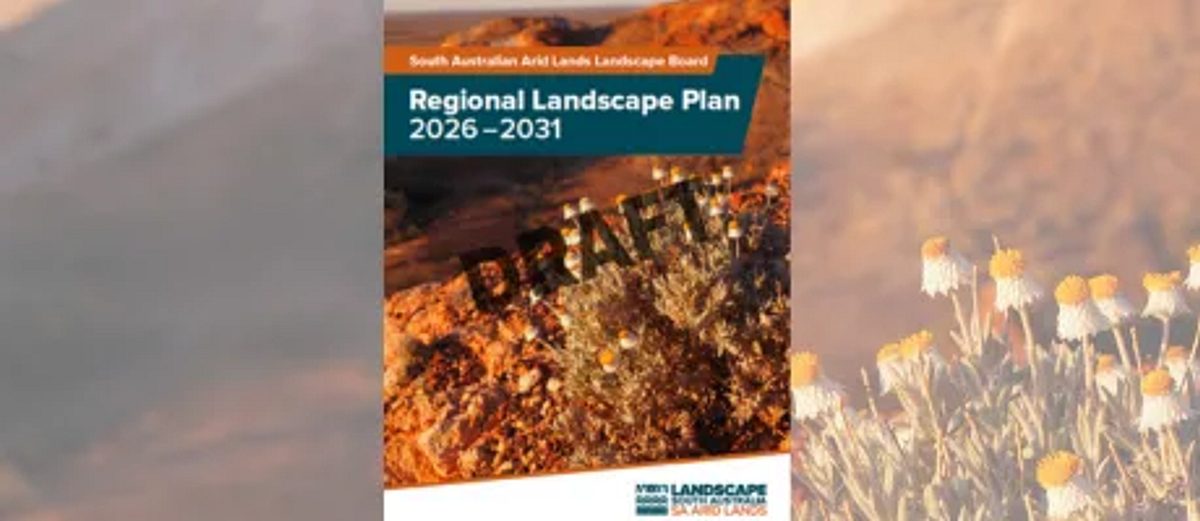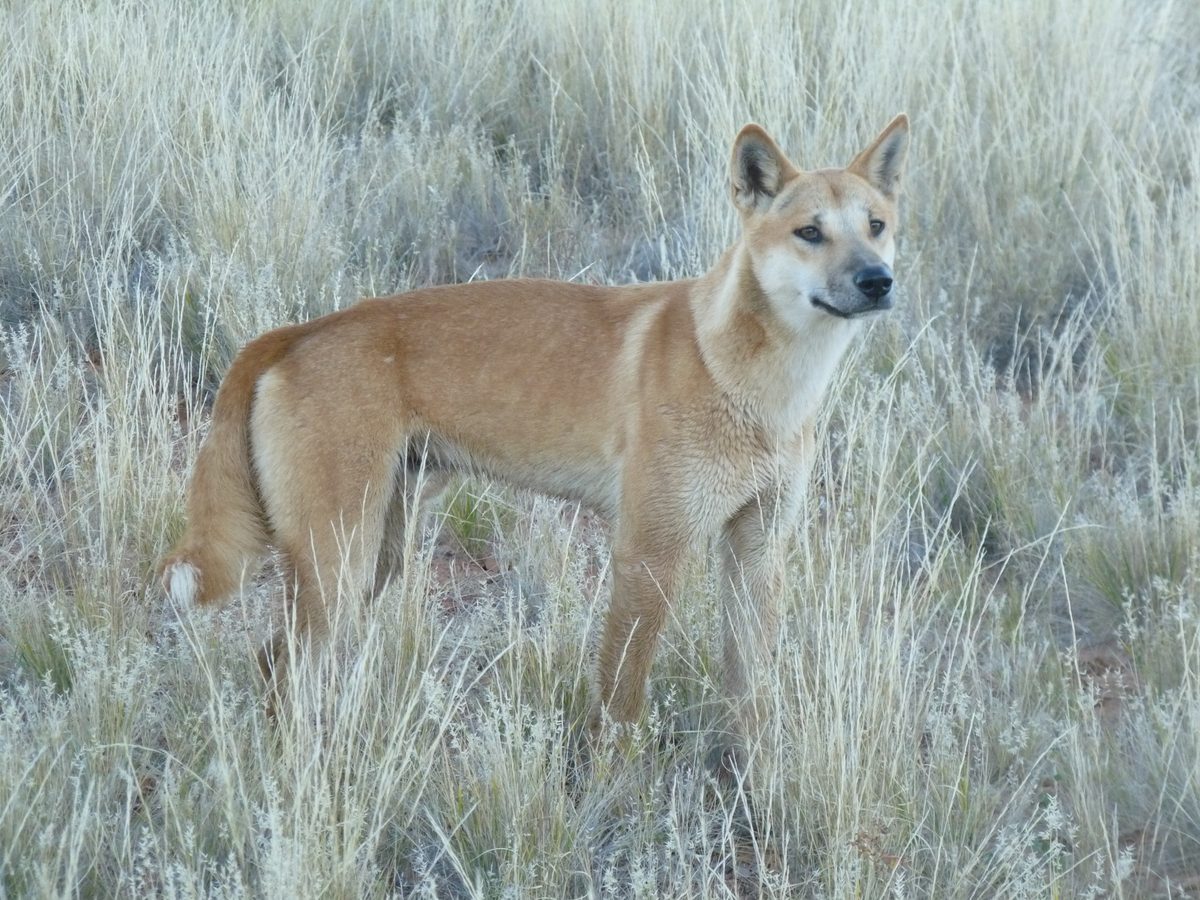Landscape funding helps producers build climate resilience
Nearly $2.5 million in funding has been awarded to South Australia’s landscape boards through the Landscape Priorities Fund (LPF) to strengthen productive landscapes and biodiversity in regional areas.
More than half of the funding will be allocated to the Climate Resilience Landscapes project, which aims to help primary producers and First Nations communities plan for dry times.
Awarded $1.6 million, Climate Resilience Landscapes includes eight sub-projects - designed by the eight regional landscape boards – that are focused on water security, feral animal control, soil health and resilient farm systems. This funding includes $400,000 from the SA Drought Hub to help amplify resilience-building outcomes in line with the Hub’s objectives.
"The Climate Resilience Landscapes project shows how regional landscape boards are taking a strategic approach to building climate resilience across the state,” SA Arid Lands Landscape Board general manager Jodie Gregg Smith said, on behalf of landscape board general managers.
“We’re collectively addressing a key priority while developing unique projects that align with each region’s local needs. Working together like this demonstrates the potential for future whole-of-state initiatives and addressing the bigger issues at the right scale.”
The SAAL Landscape Board will use the funds to tackle feral animal control to reduce grazing pressure and soil erosion. Aerial mustering will support land managers to target larger numbers of unmanaged goats and ensure landscape-scale removal.
A second project will address the threat of pigs, camels, donkeys and horses to biodiversity and pastoral enterprises in the region.
LPF is sourced from landscape levies collected by Green Adelaide in the Adelaide metropolitan area and redistributed to South Australia’s regional landscape boards. It enables investment in large, landscape-scale projects that address regional and cross-regional priorities that support environmental, economic and agriculture outcomes for all South Australians.


